2016-2017

In 2014, residents of Flint, Michigan, began complaining that their water tasted bad, smelled foul, and came out of the tap discolored. The city had switched water supplies to save money, and in the process, the city and state failed to add anti-corrosion chemicals to the new supply. Flint’s aging pipes began to poison its residents. People suffered rashes after bathing, children were exposed to high levels of lead, and at least a dozen people died from Legionnaires’ disease.
Residents, pediatricians, and pastors sounded the alarm, but it wasn’t until they sued the city and state that a federal judge ordered bottled water to be delivered to every affected home.
Residents, pediatricians, and pastors sounded the alarm, but it wasn’t until they sued the city and state that a federal judge ordered bottled water to be delivered to every affected home.




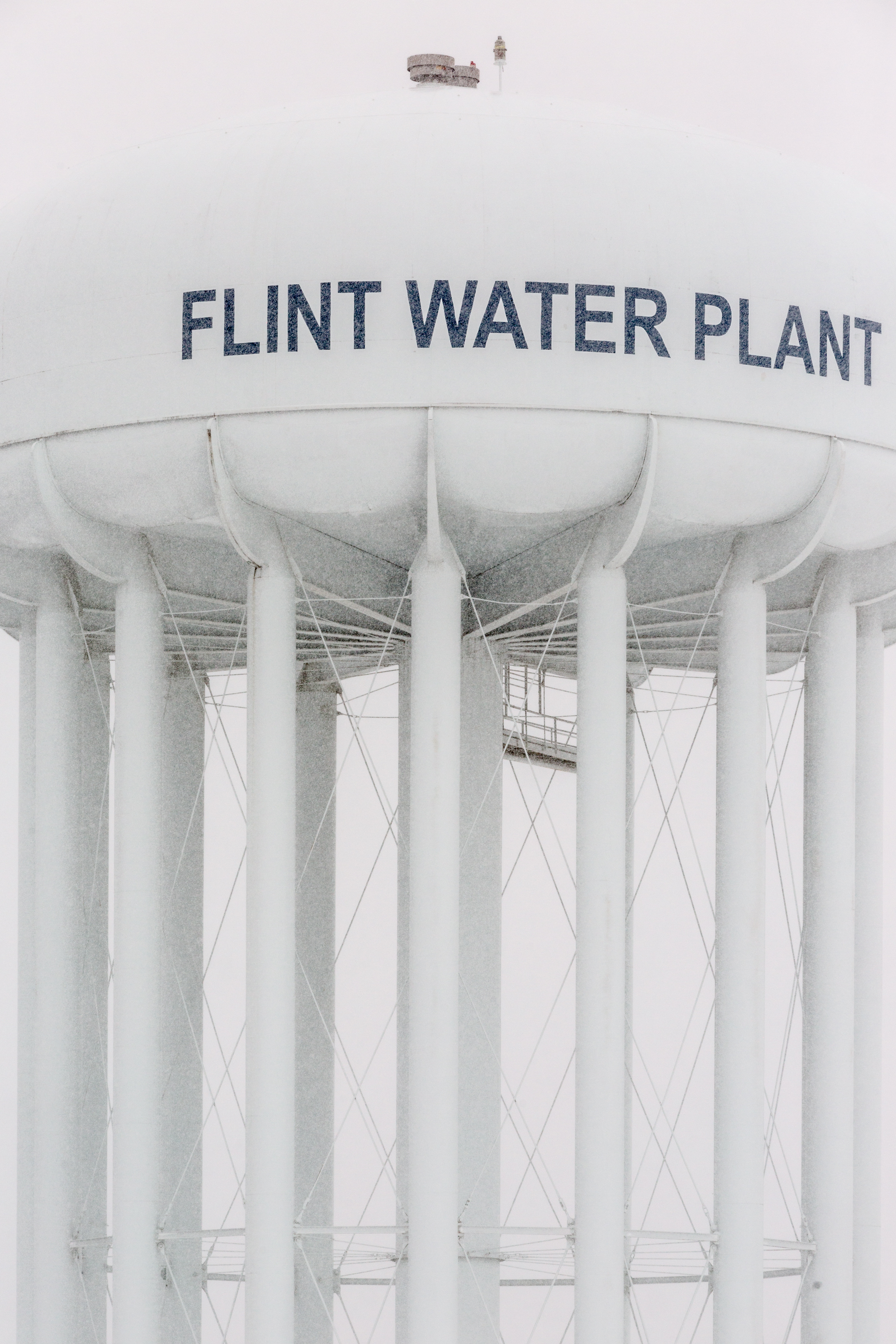

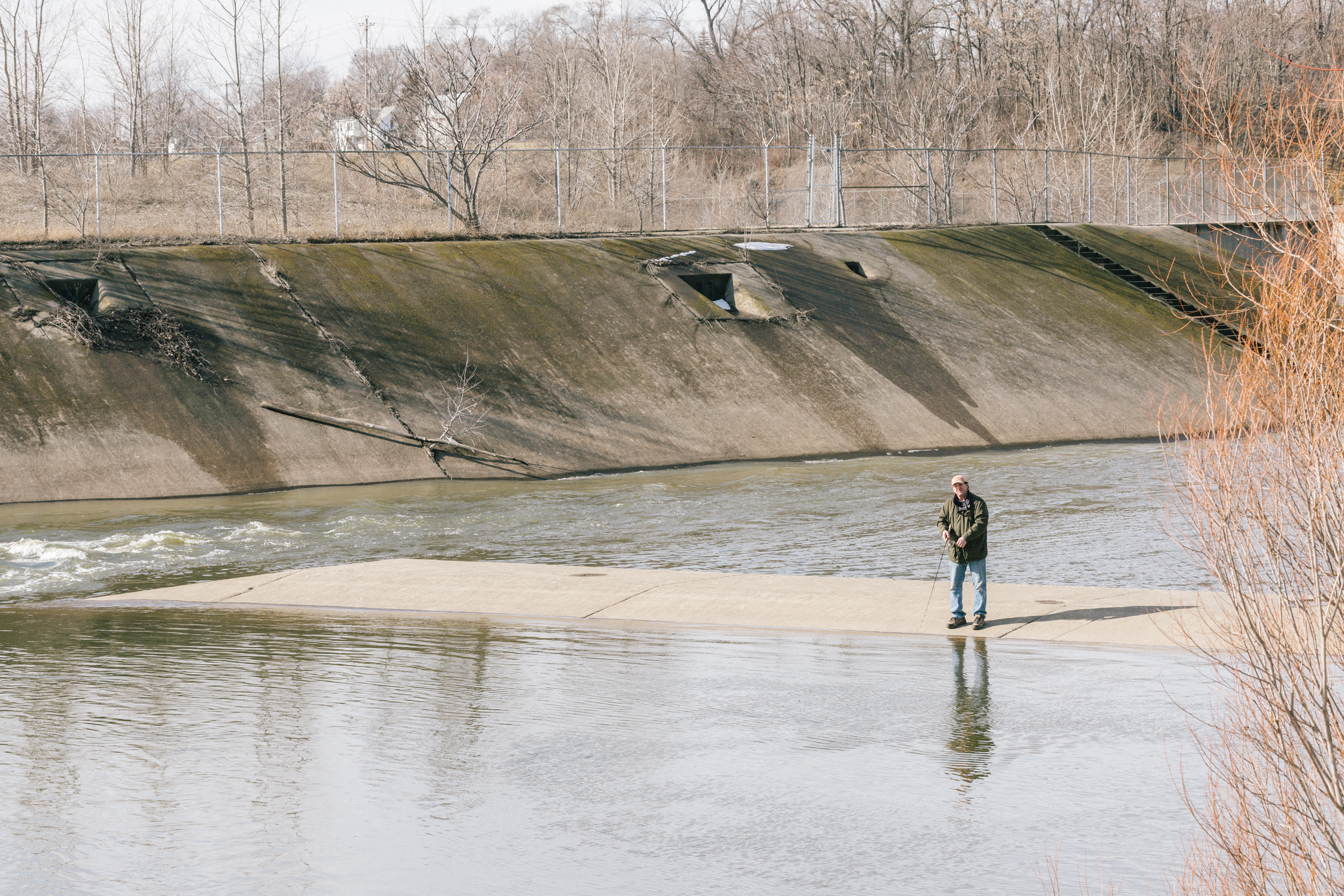
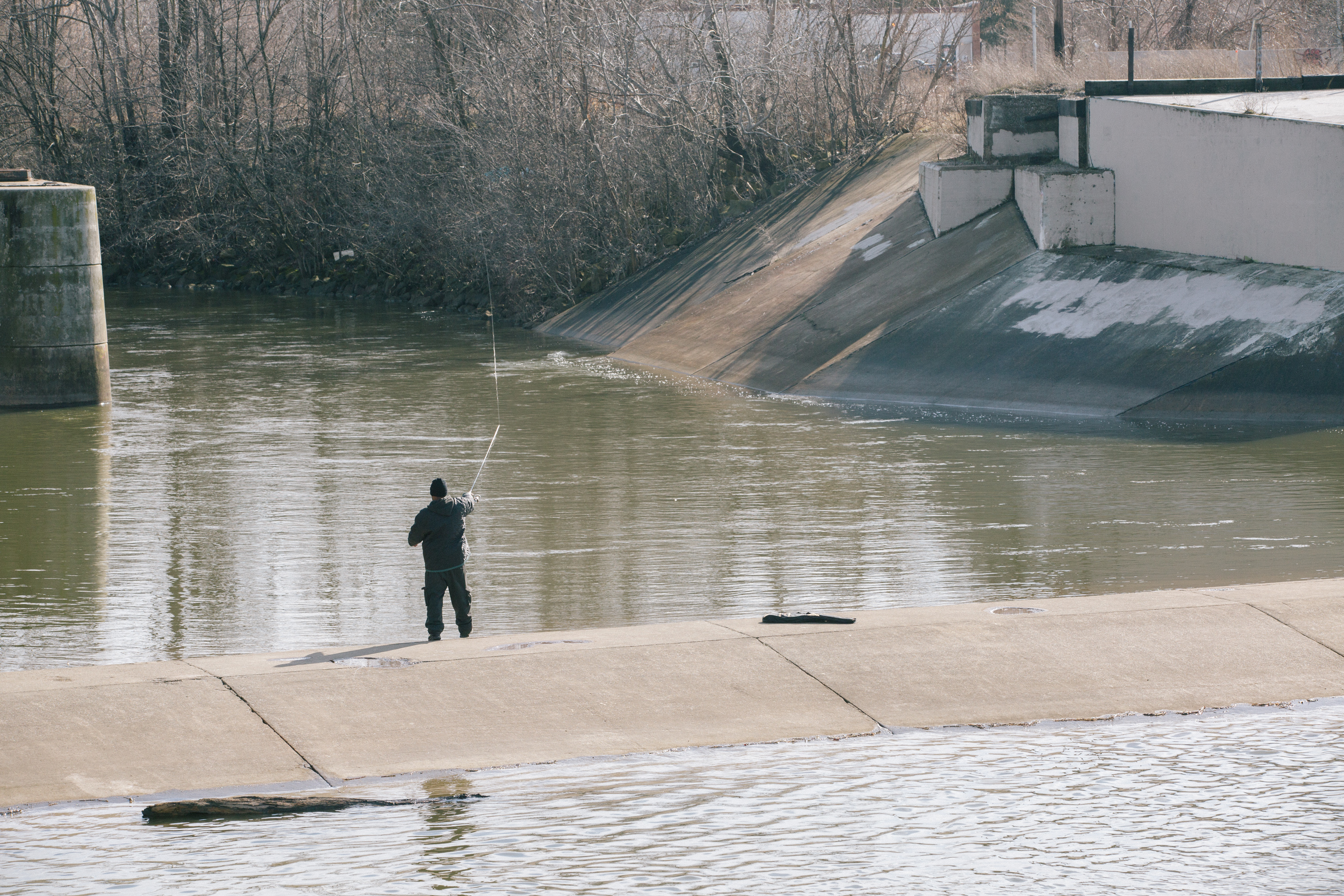

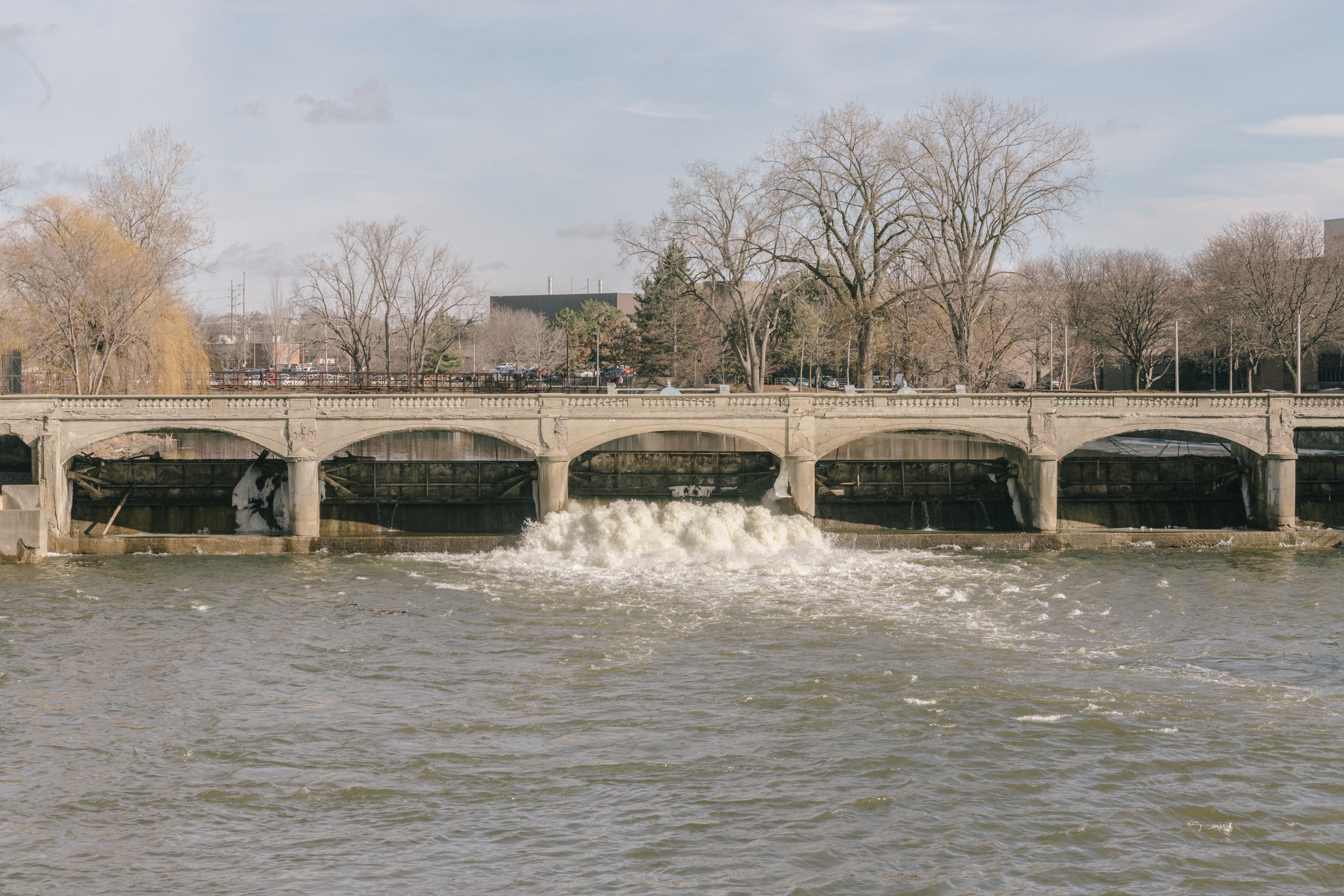


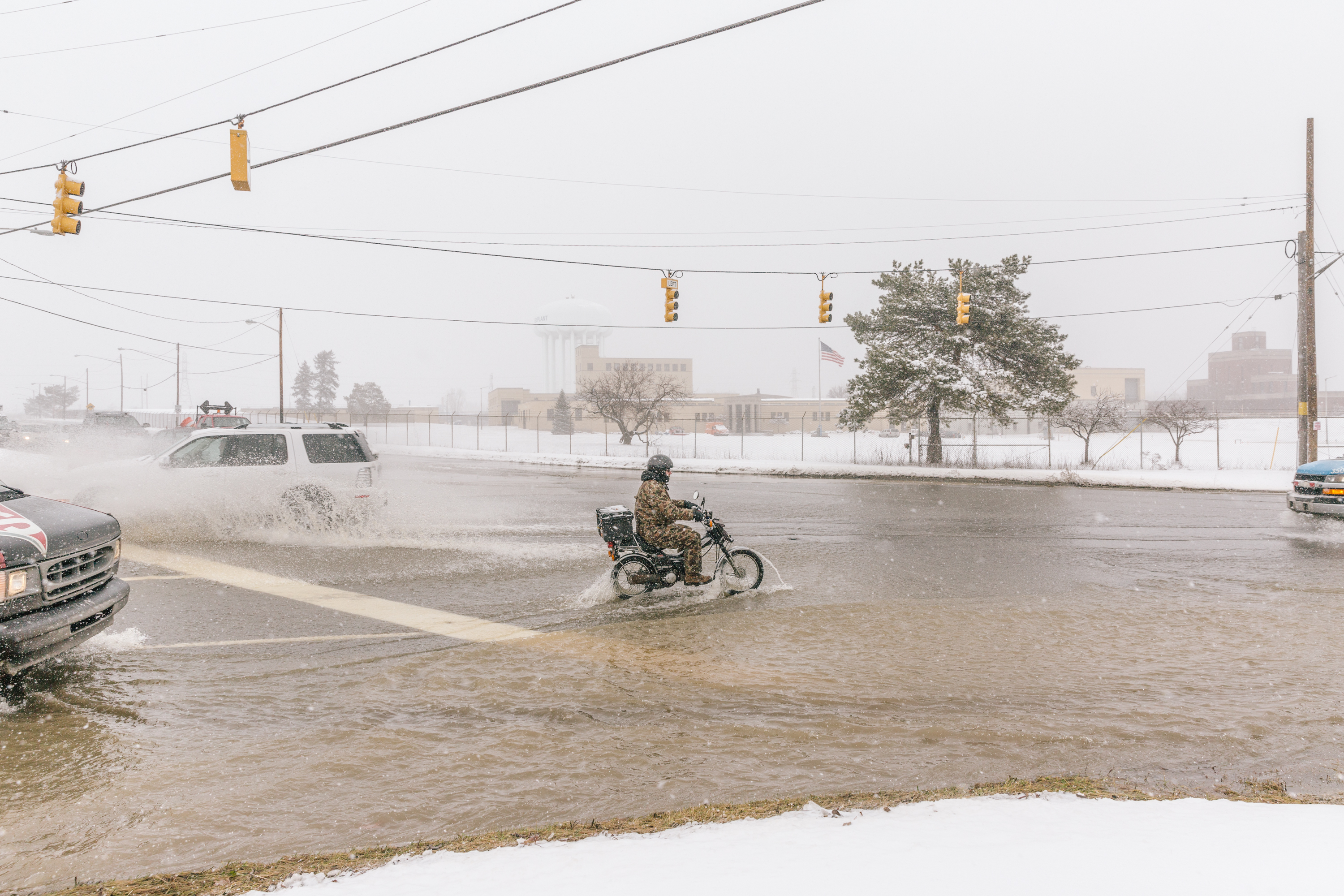

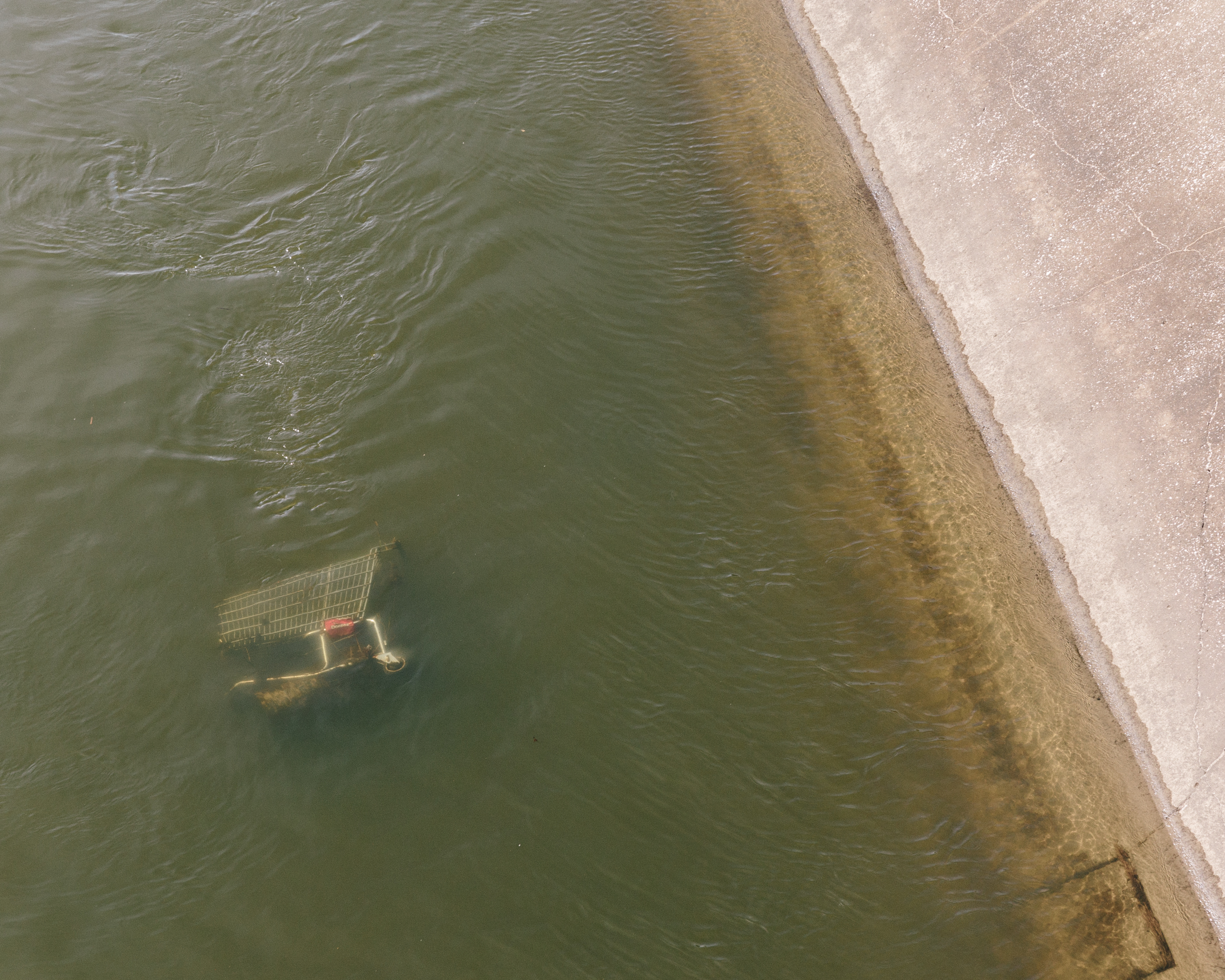
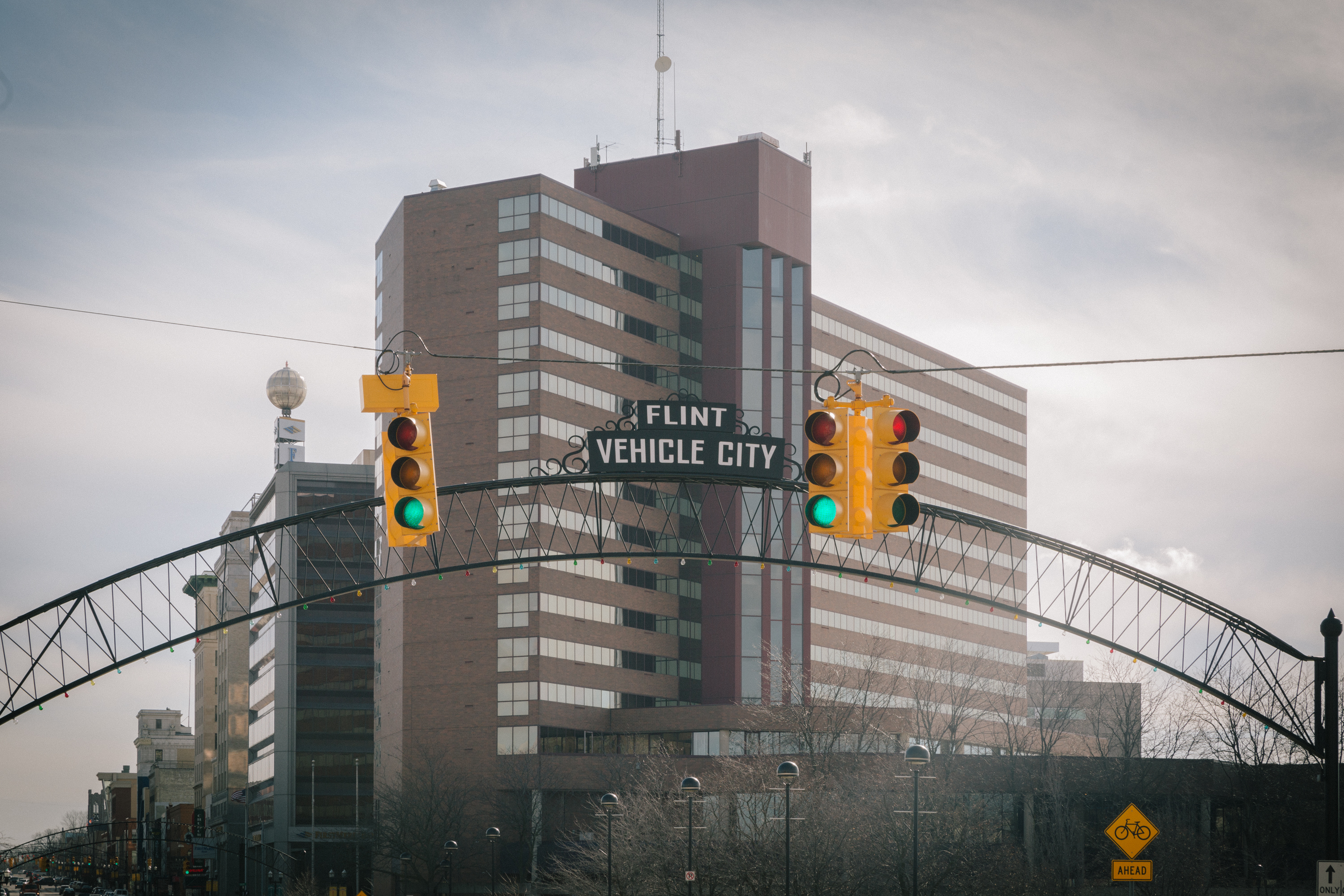



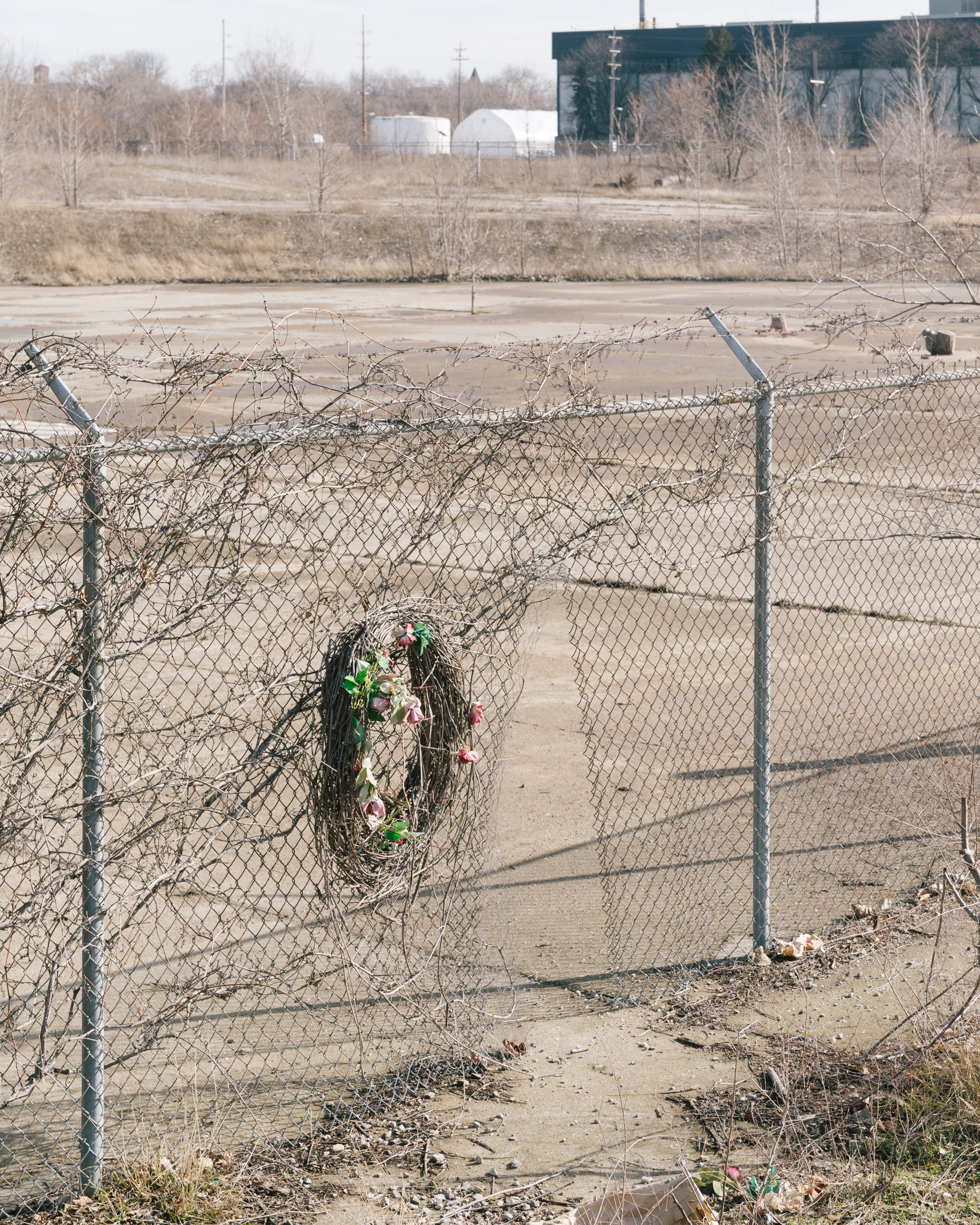

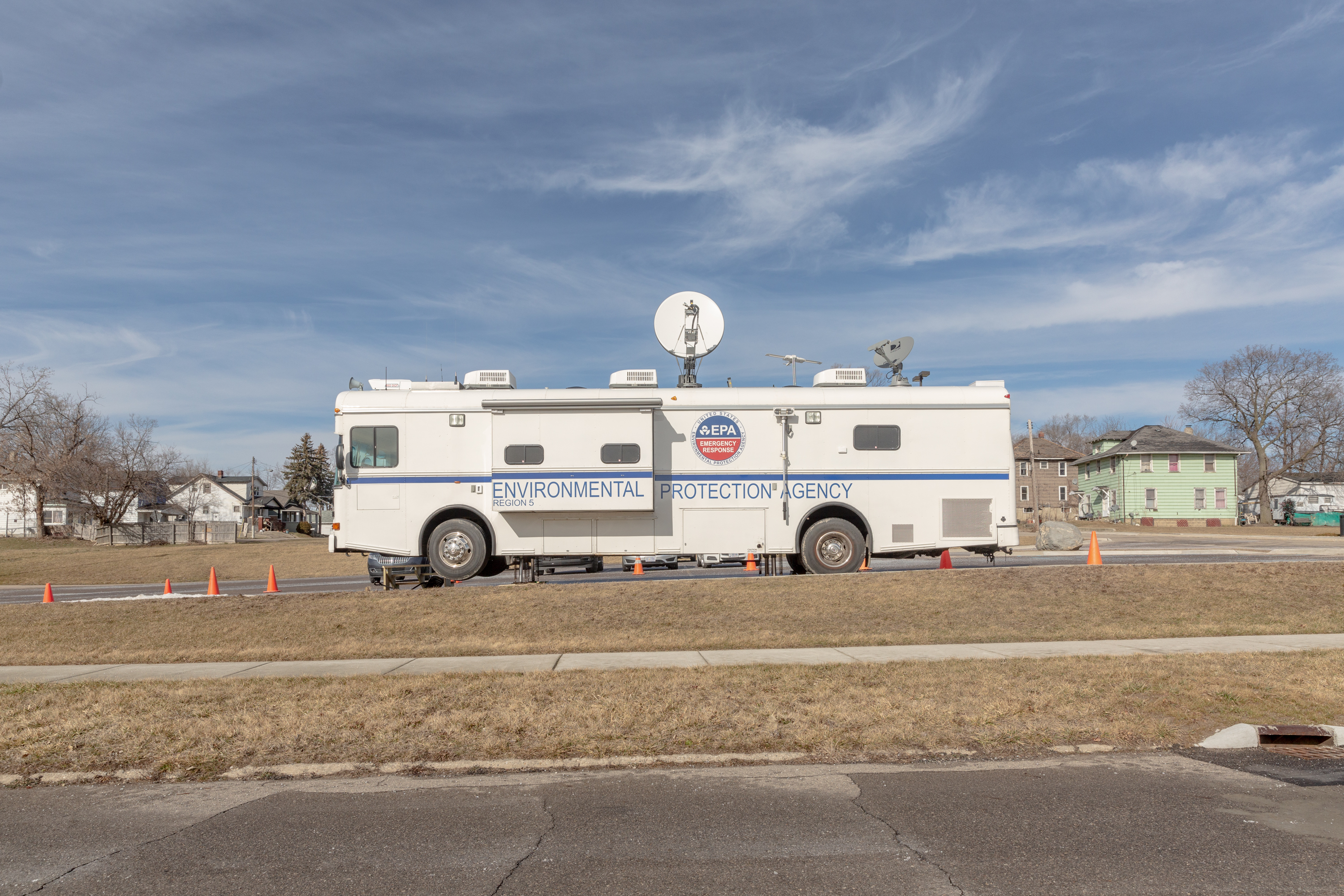

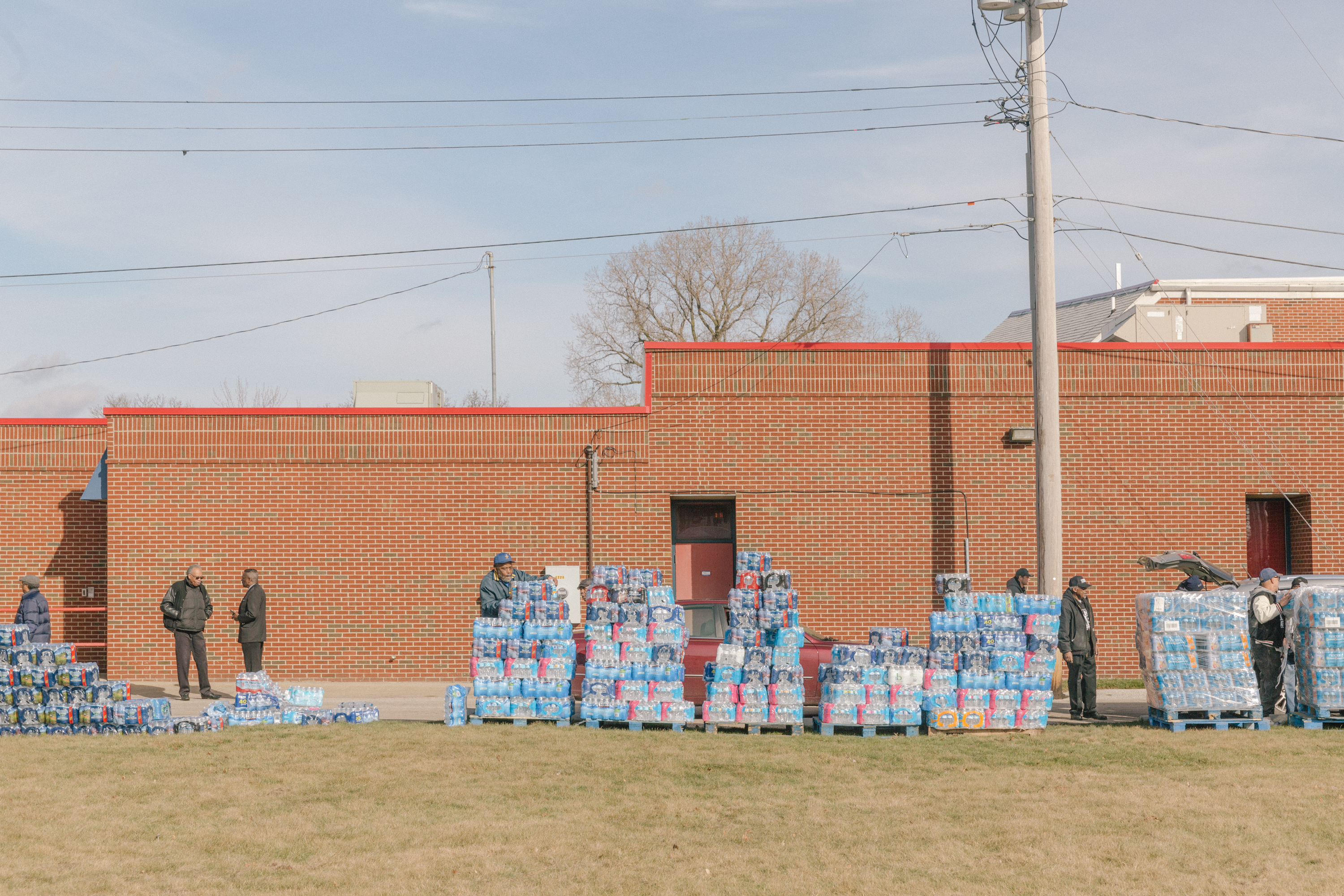



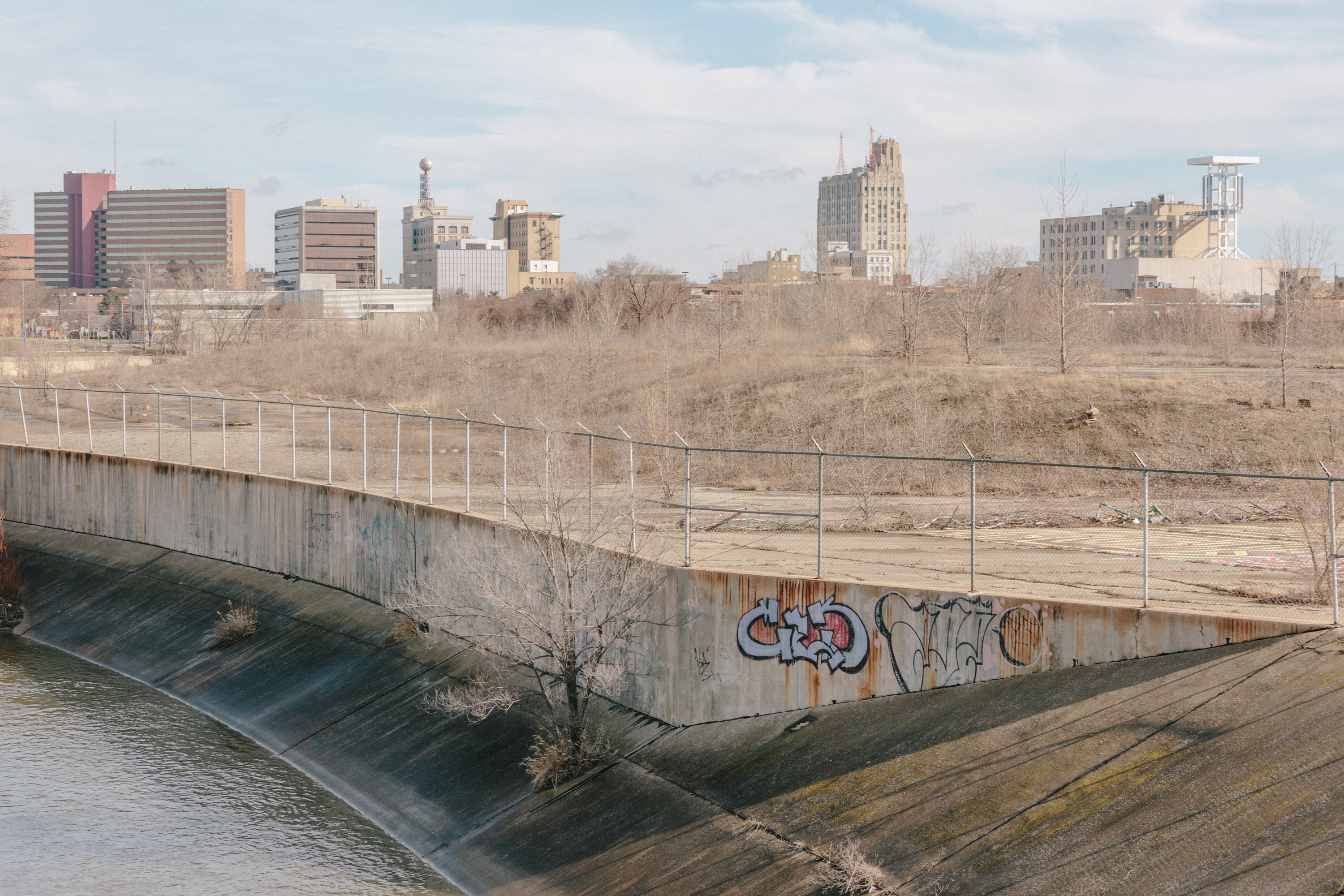



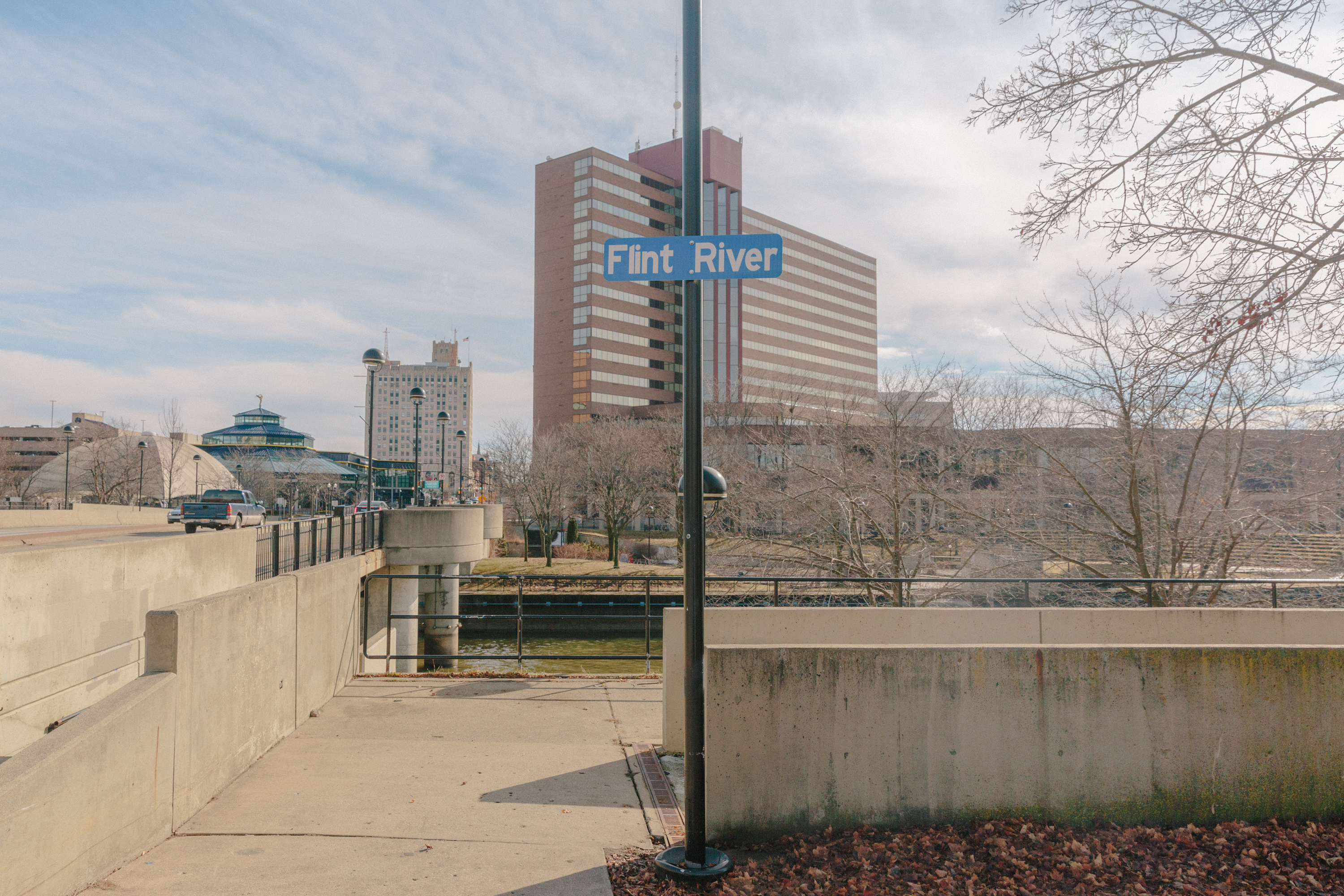


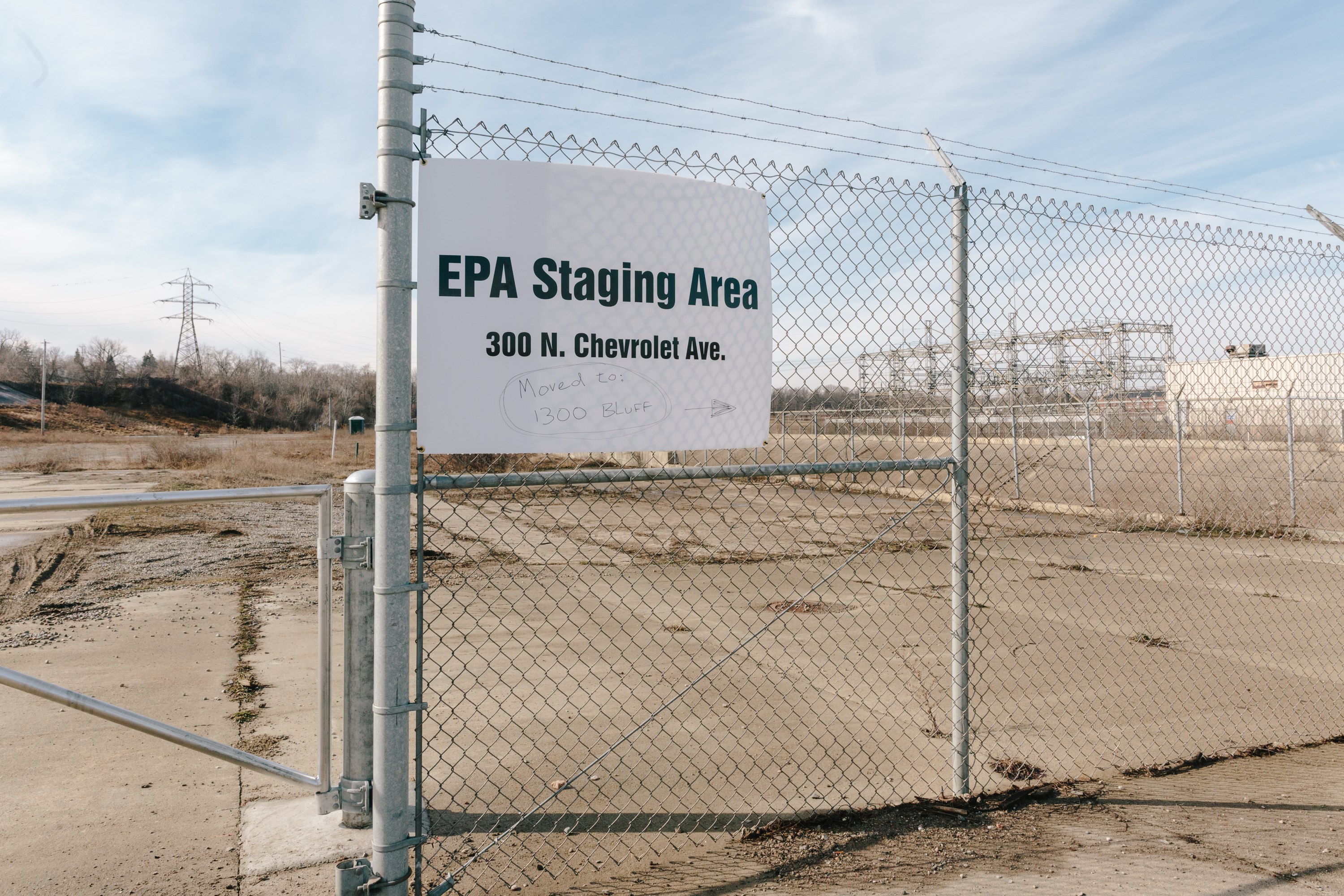
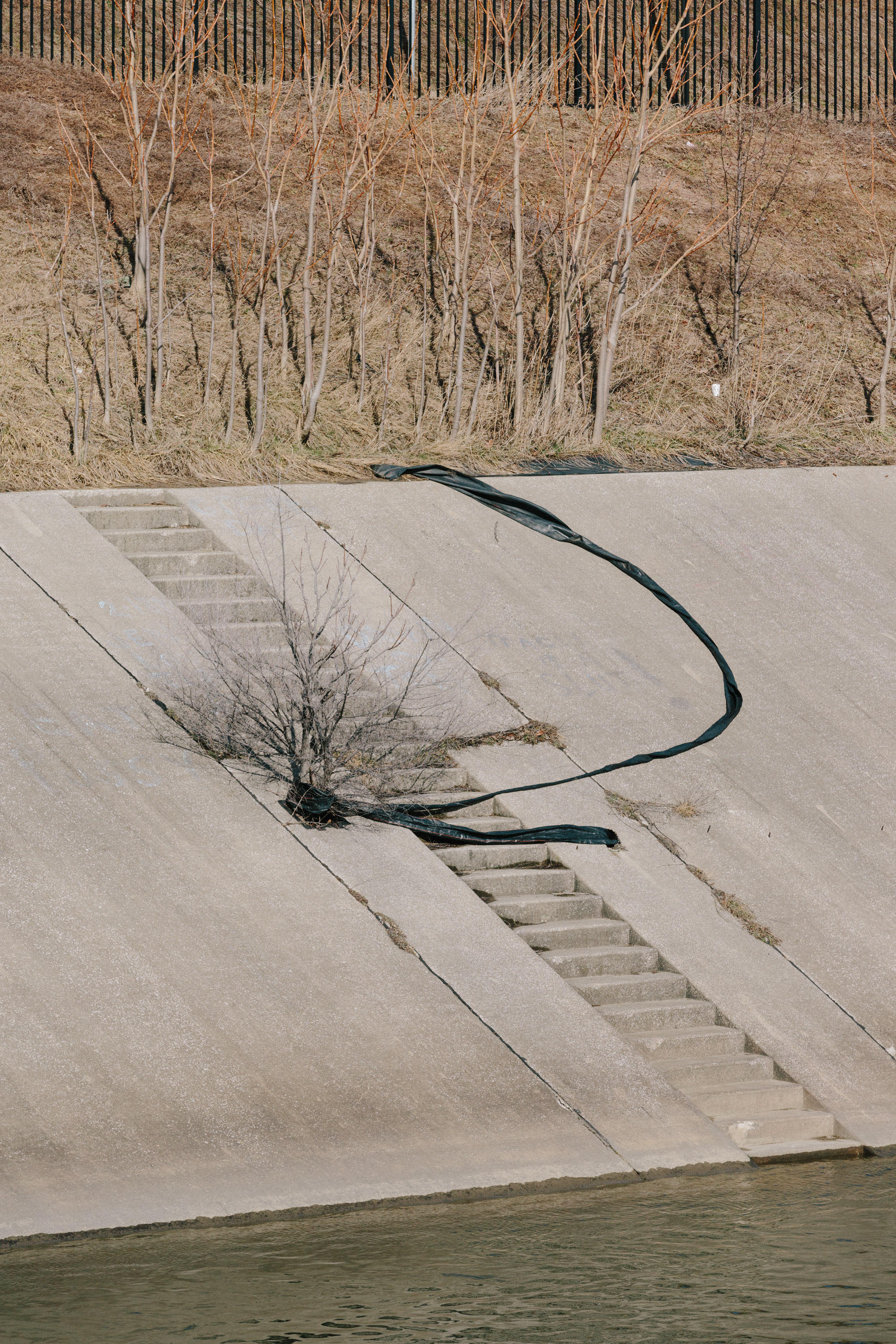
In the intervening years, up to 20,000 children were exposed to potentially dangerous levels of lead. In some neighborhoods, the percentage of children who suffered from lead poisoning tripled.
Ultimately the Governor of Michigan was indicted for ‘willful neglect’, and a settlement for $626 million dollars was reached.
Ultimately the Governor of Michigan was indicted for ‘willful neglect’, and a settlement for $626 million dollars was reached.
The cost to add the anti-corrosion measure that would have prevented the crisis would have been $80 per day.
Of all of the places that should understand the importance of water – our life blood, our livelihood, our recreation – it’s the Great Lakes state of Michigan.
Of all of the places that should understand the importance of water – our life blood, our livelihood, our recreation – it’s the Great Lakes state of Michigan.